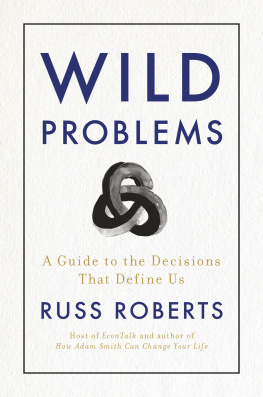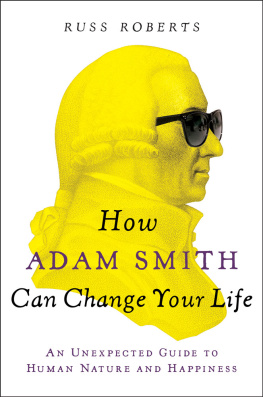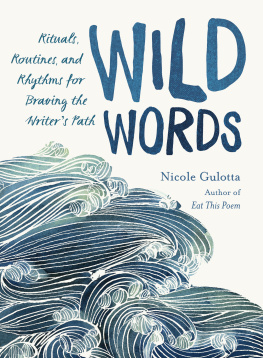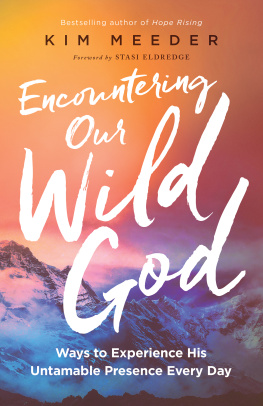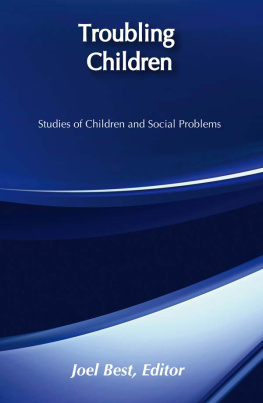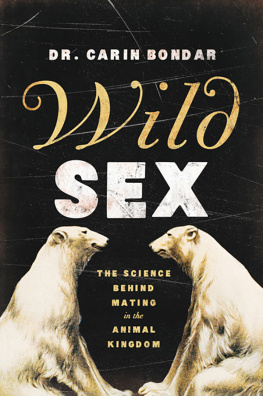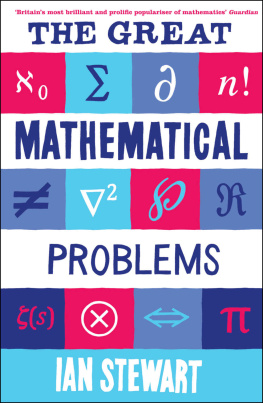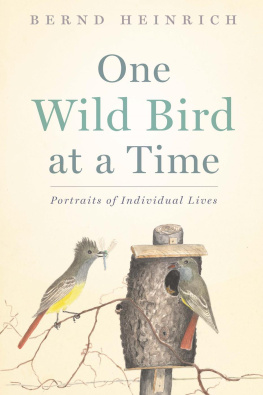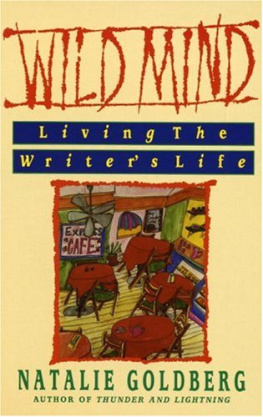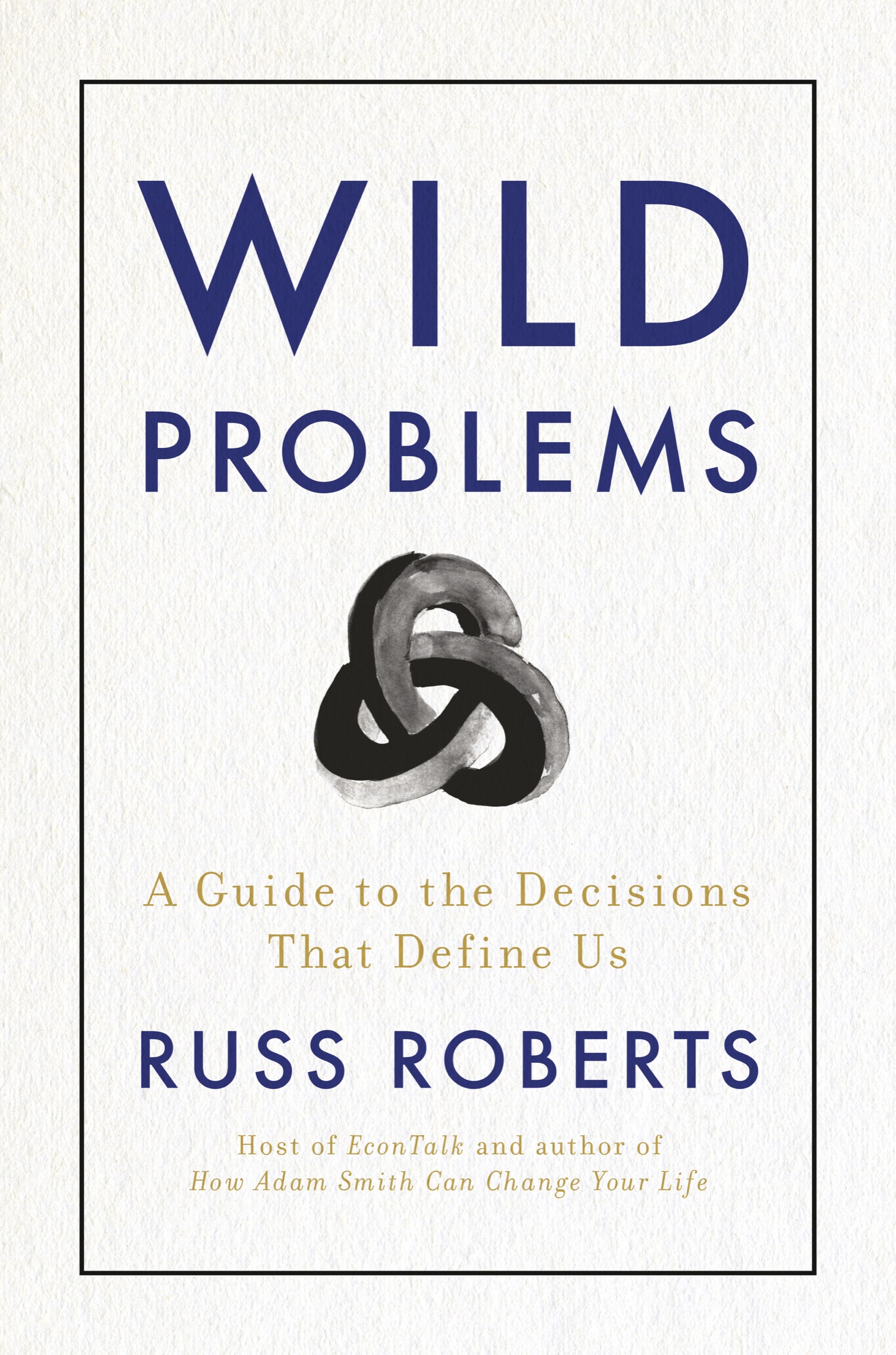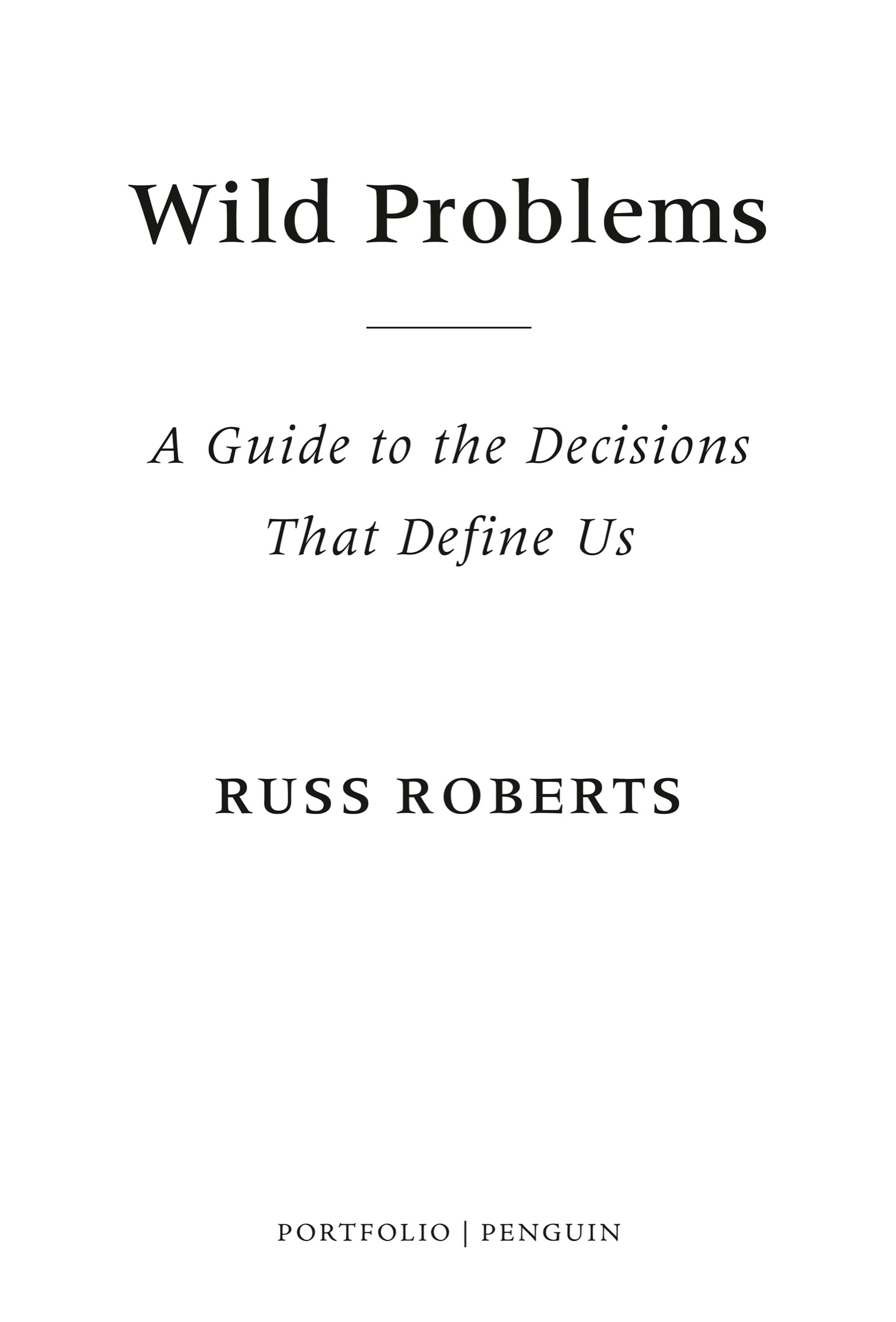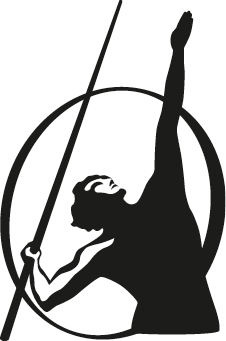
Portfolio / Penguin
An imprint of Penguin Random House LLC
penguinrandomhouse.com
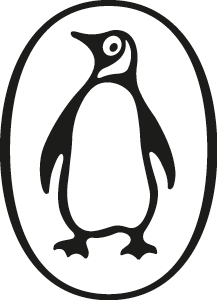
Copyright 2022 by Russell Roberts
Penguin Random House supports copyright. Copyright fuels creativity, encourages diverse voices, promotes free speech, and creates a vibrant culture. Thank you for buying an authorized edition of this book and for complying with copyright laws by not reproducing, scanning, or distributing any part of it in any form without permission. You are supporting writers and allowing Penguin Random House to continue to publish books for every reader.
Library of Congress Cataloging-in-Publication Data
Names: Roberts, Russell, 1953 author.
Title: Wild problems: a guide to the decisions that define us / Russ Roberts.
Description: First Edition. | New York, NY: Portfolio / Penguin, [2022] | Includes bibliographical references.
Identifiers: LCCN 2022007224 (print) | LCCN 2022007225 (ebook) | ISBN 9780593418253 (hardcover) | ISBN 9780593418260 (ebook)
Subjects: LCSH: Decision making.
Classification: LCC BF448 .R636 2022 (print) | LCC BF448 (ebook) | DDC 153.8/3dc23/eng/20220527
LC record available at https://lccn.loc.gov/2022007224
LC ebook record available at https://lccn.loc.gov/2022007225
Cover design and illustration: Sarah Brody
Book design by Jessica Shatan Heslin/Studio Shatan, Inc., adapted for ebook by Maggie Hunt
pid_prh_6.0_140632920_c0_r0
To Sharon
Tastes, smells, the sensations of heat and cold, beauty, pleasure, all the affections and appetites of the mind, wisdom, folly, and most kinds of probability, with many other things too tedious to enumerate, admit of degrees, but have not yet been reduced to measure, nor, as I apprehend, ever can be.... Until our affections and appetites shall themselves be reduced to quantity, and exact measures of their various degrees be assigned, in vain shall we essay to measure virtue and merit by them. This is only to ring changes upon words, and to make a show of mathematical reasoning, without advancing one step in real knowledge.
Thomas Reid, An Essay on Quantity, 1748
Most of the profoundly important activities, relationships, and forms of knowledge that human beings pursue are ones a person can fully appreciate, and integrate into her value-system, only once she is well acquainted with them.
Agnes Callard, Aspiration
The only thing that makes life possible is permanent, intolerable uncertainty: not knowing what comes next.
Ursula K. Le Guin, The Left Hand of Darkness
Human beings are not born once and for all on the day their mothers give birth to them, but that life obliges them over and over again to give birth to themselves.
Gabriel Garca Mrquez, Love in the Time of Cholera
The need for certainty is the greatest disease the mind faces.
Robert Greene, Mastery
Contents
1
Wild Problems
A few years ago, a friend and I were out walking, and he told me that he and his wife were struggling with the decision of whether to have a child. He told me they had made a list of the costs and benefits of children, and after having done so, they still werent sure whether it was a good idea. My friend asked for my advice.
I told him that you dont have a child because its worth it. I didnt have much else to tell him. I didnt think to ask him whether he and his wife thought they had any idea of what becoming a parent was really like. Before you have children, the costs you can imagineless time for work and play, limited vacation options, money spent on diapers, clothes, food, education, and so ondominate any imaginable benefits.
Having children might then seem irrational. Yet many parents, including myself, will tell you that their children are central to how they see themselves and how they experience life. Many parents would say that having children gives their lives meaning. How can we understand that disconnect?
Whether to have a child is what I call a wild problema fork in the road of life where knowing which path is the right one isnt obvious, where the pleasure and pain from choosing one path over another are ultimately hidden from us, where the path we choose defines who we are and who we might become. Wild problems are the big decisions all of us have to deal with as we go through life.
A lot of wild problems can give us butterflies and make our hearts ache. Knowing which path is the best one cant be answered until we arrive in that distant land known as the future, a land we know fully only when we arrive. That tends to unnerve us. Lacking nerve, we procrastinate.
How should we proceed, then, especially if we want to make a rational decision? An obvious strategy is to import help from other challenges weve faced and know how to solve. To beat the traffic or develop a vaccine against the coronavirus, for example, we rely on data, algorithms that can be tested, and experiments that can be replicated. For certain problemsI call them tame problemsthe relentless application of science, engineering, and rational thought leads to steady progress.
But the big decisions we face in life, the wild problemswhether to marry, who to marry, whether to have children, what career path to follow, how much time to devote to friends and family, how to resolve daily ethical dilemmasthese big decisions cant be made with data, or science, or the usual rational approaches.
I was trained as an economist at the University of Chicago. We were taught that economics is the guide to making rational choices in life. We were taught the importance of trade-offs and what is called opportunity costwhat we give up when we choose one thing over another. We were taught that everything has a priceeverything involves giving up something to have something else. Nothing is of infinite value. I have come to believe that when it comes to the big decisions of life, those principles can lead us astray.
Carved into the wall of the building that houses the economics department when I was a graduate student at the University of Chicago is a quote from Lord Kelvin: When you cannot measure, your knowledge is meager and unsatisfactory. The modern world has taken Lord Kelvin to heart. First the sciences, and increasingly the social sciences and even the humanities, have embraced the idea that measuringcollecting dataand improving the process that produces the measurement, and using those measurements to get stronger, more productive, and healthier, is the road to a better life.
But wild problems resist measurement. What works for you might not work for me, and what worked for me yesterday might not work for me tomorrow. Wild problems are untamed, undomesticated, spontaneous, organic, complex. Theyre a whole different beast compared to the tame problems where the standard techniques of rationality move us steadily forward.
Through most of human history, authority and traditionthe kings who ruled us, our parents, the religion we were born into, the culture surrounding ustamed the wild problems we faced. The kings are dead. Religions hold steadily loosens. Tradition? We shuck it off and imagine ourselves as blank slates where we hold the chalk and can draw ourselves the way wed like to be, free of all constraints.

